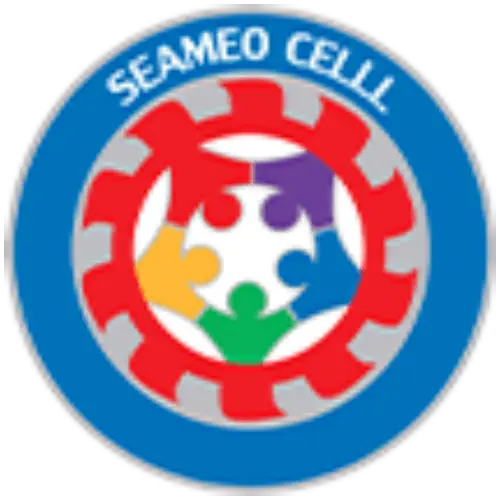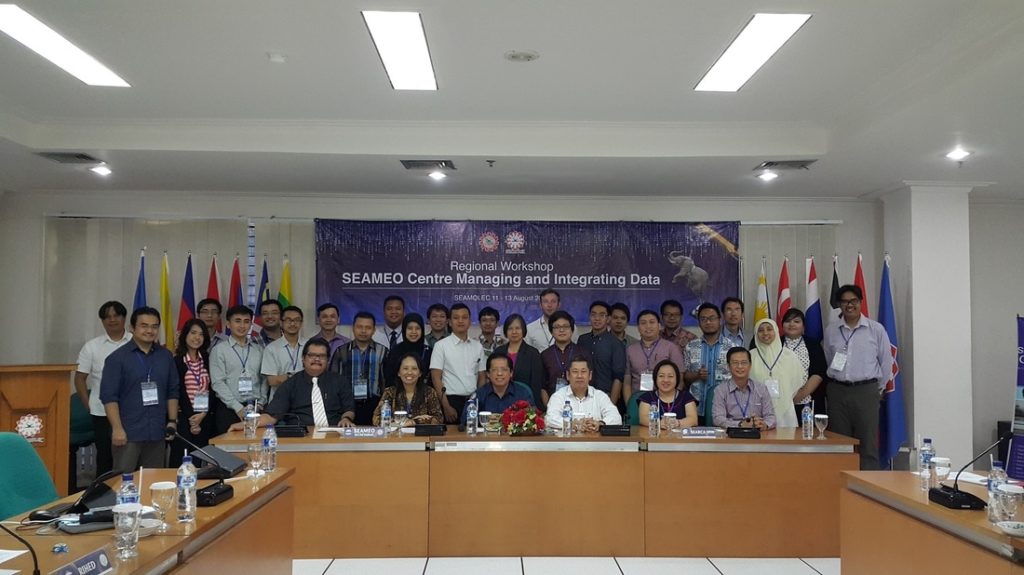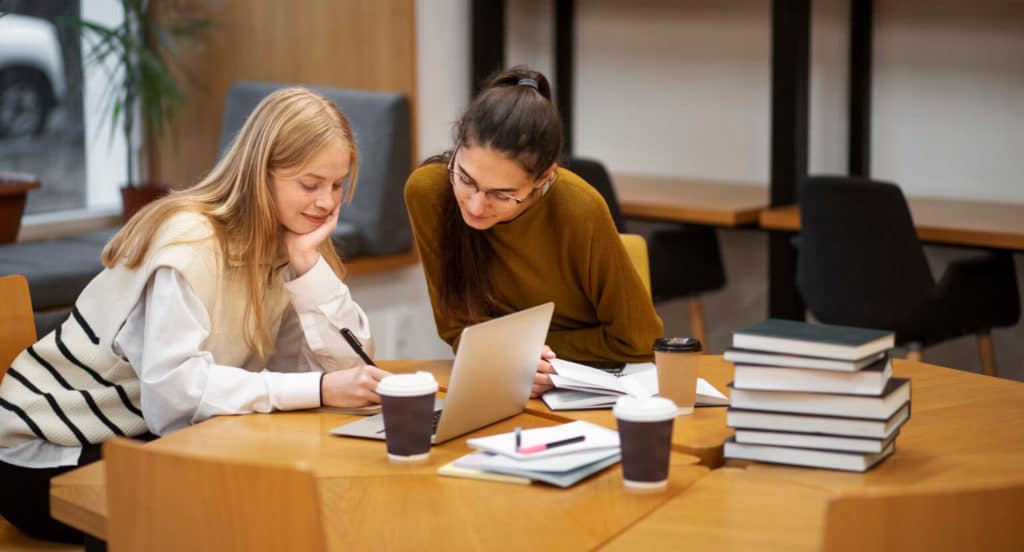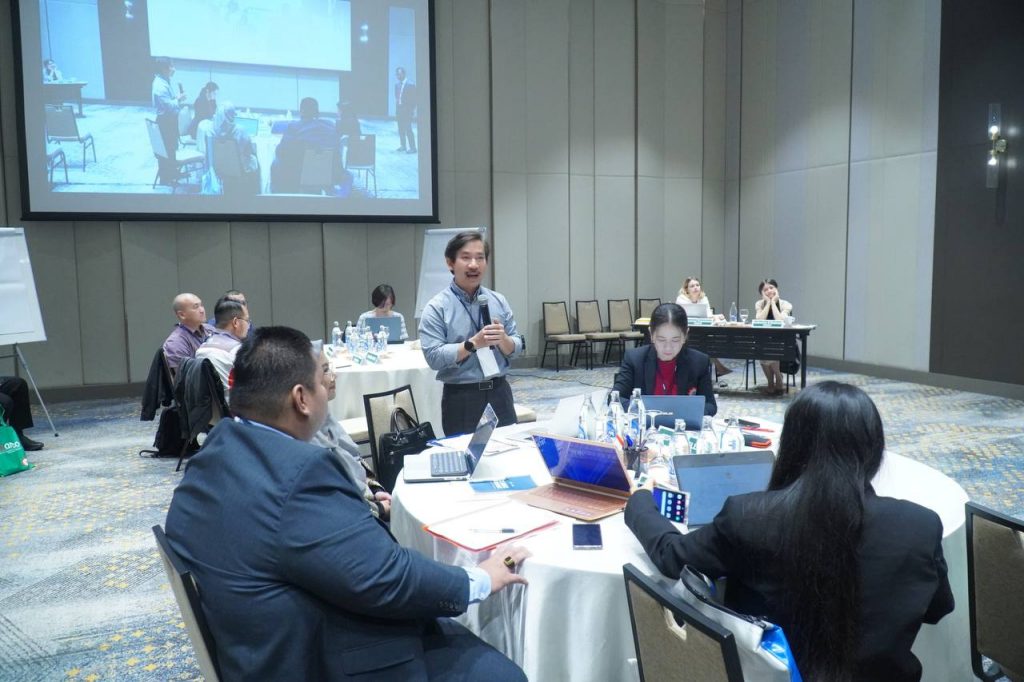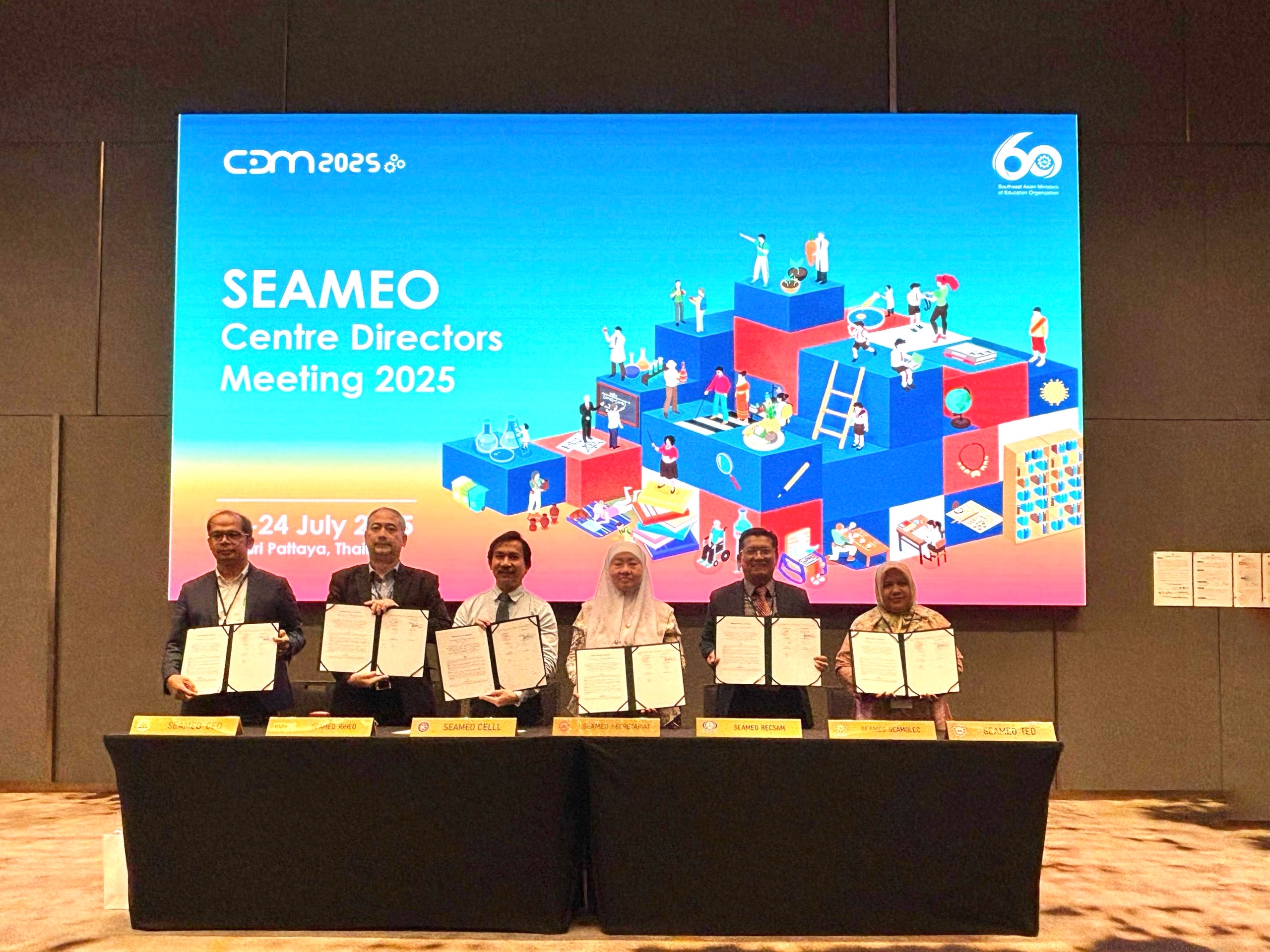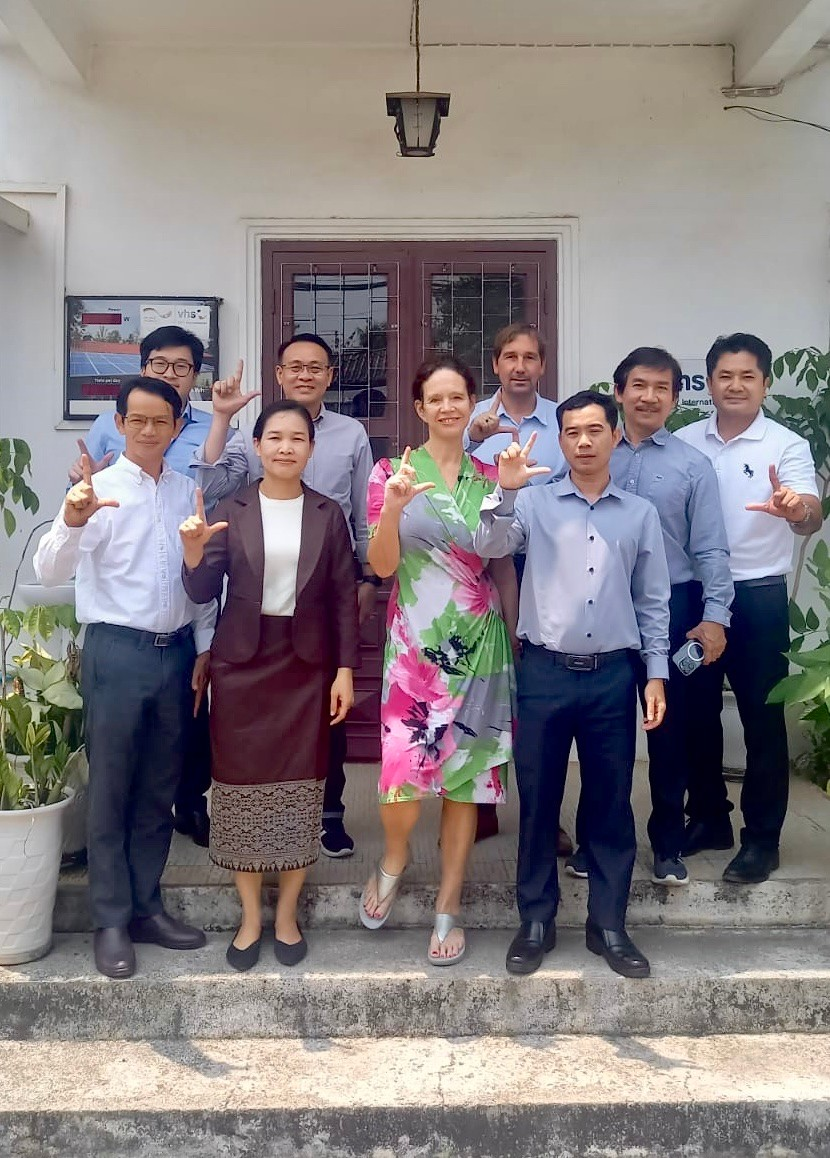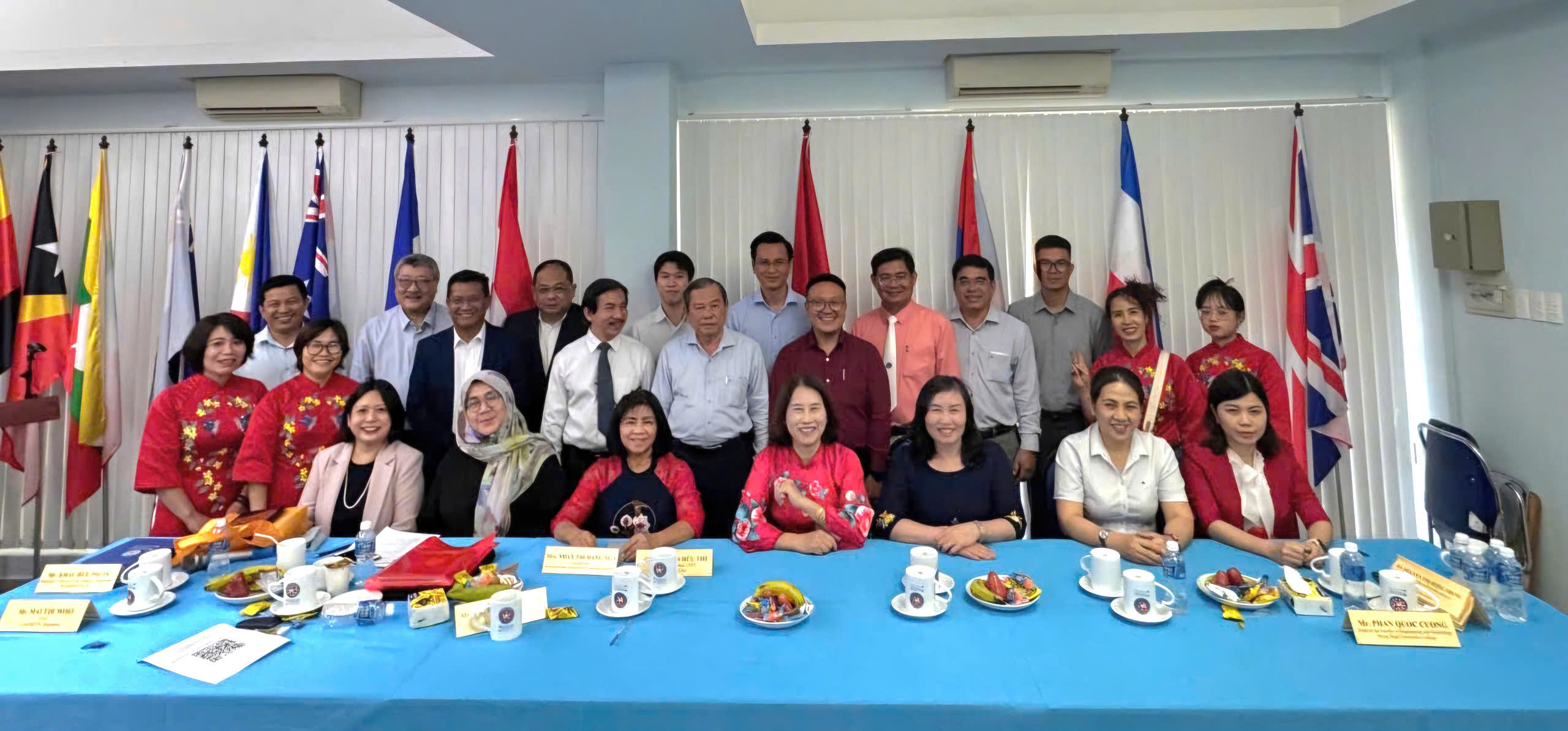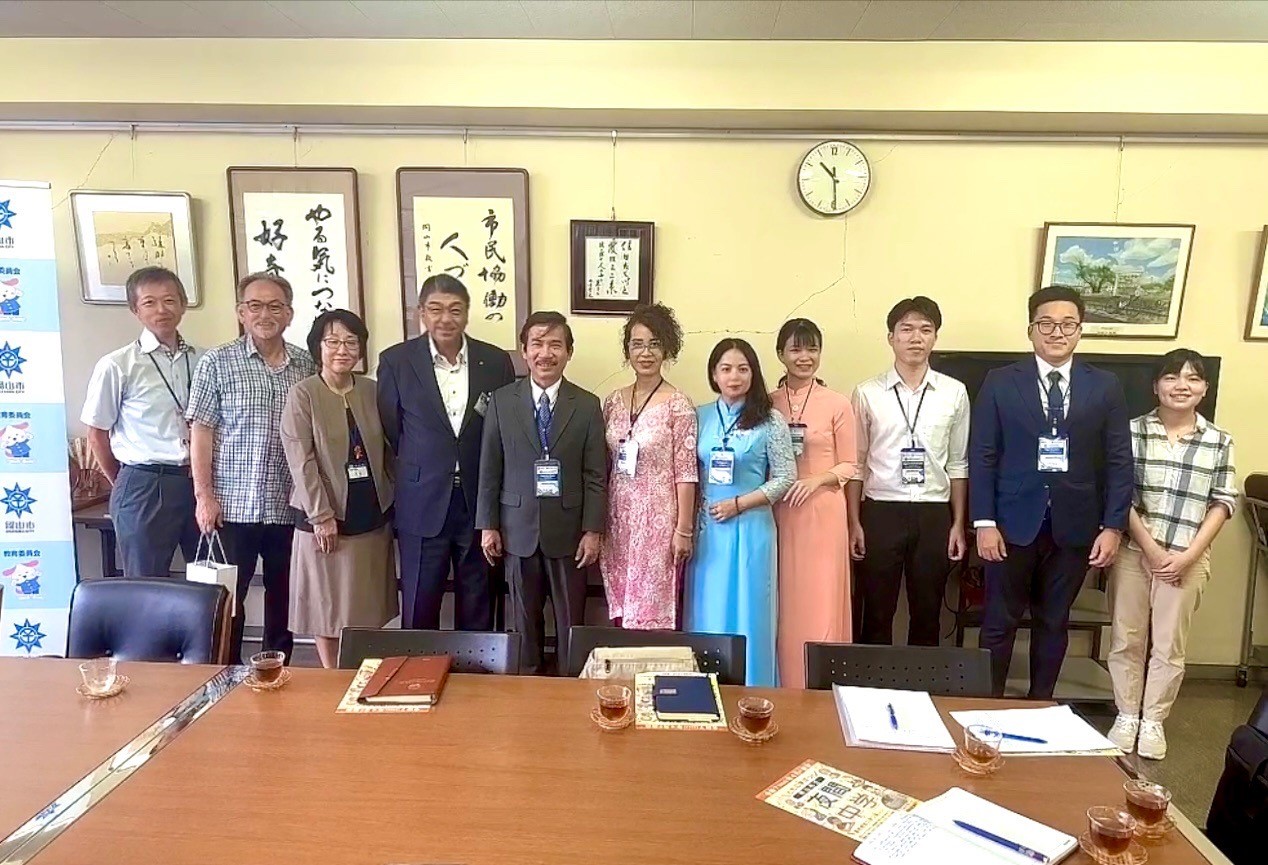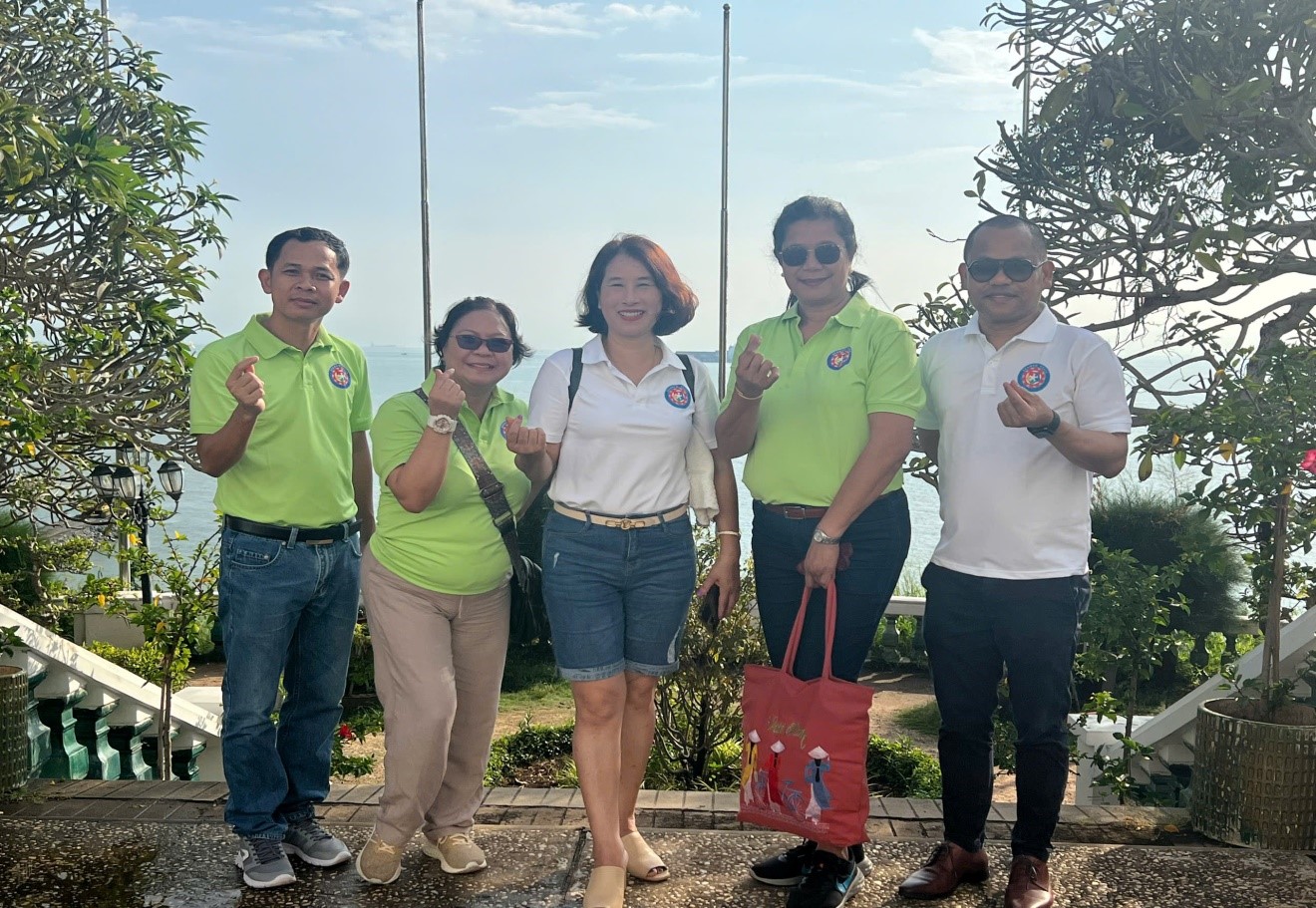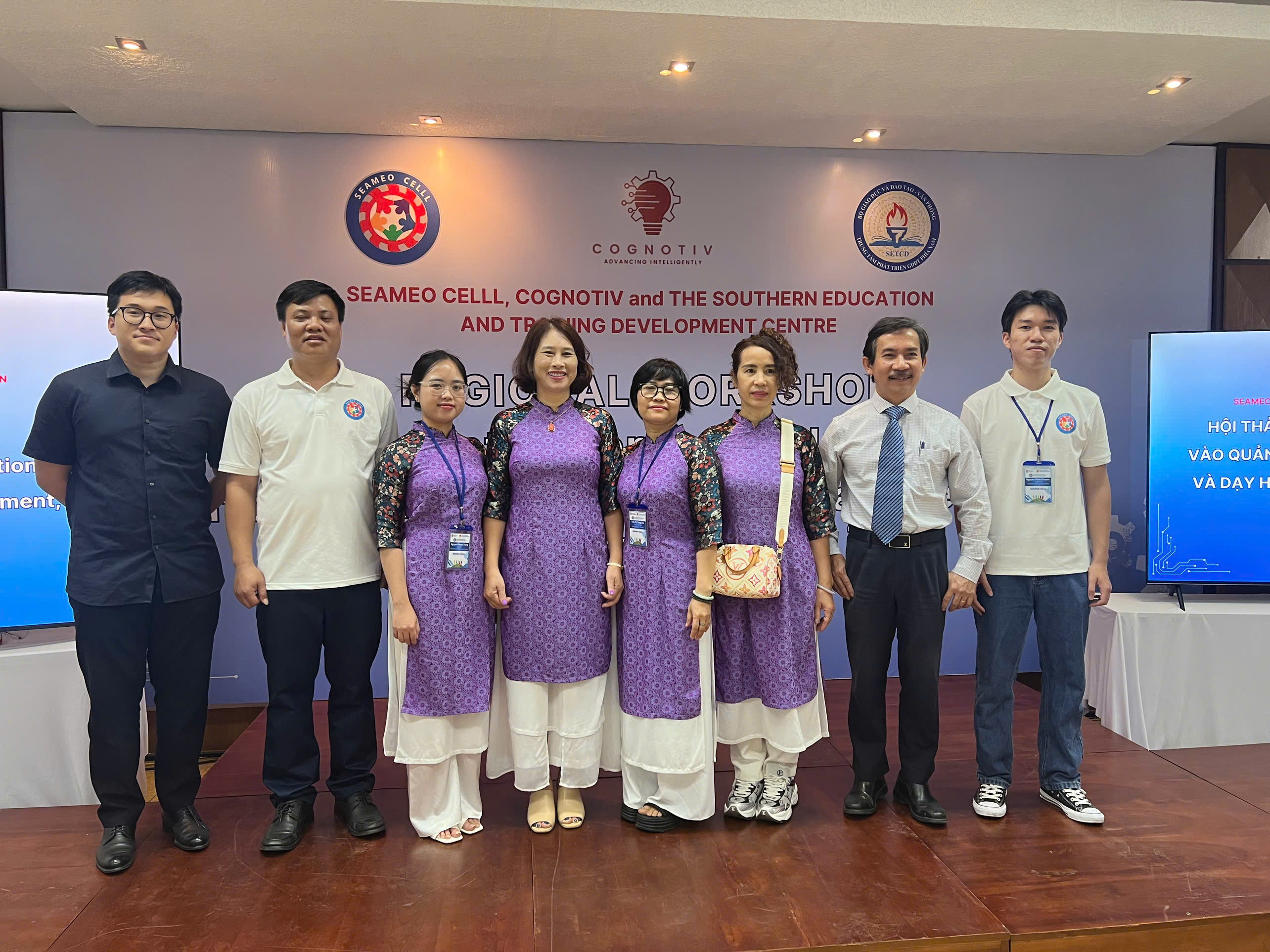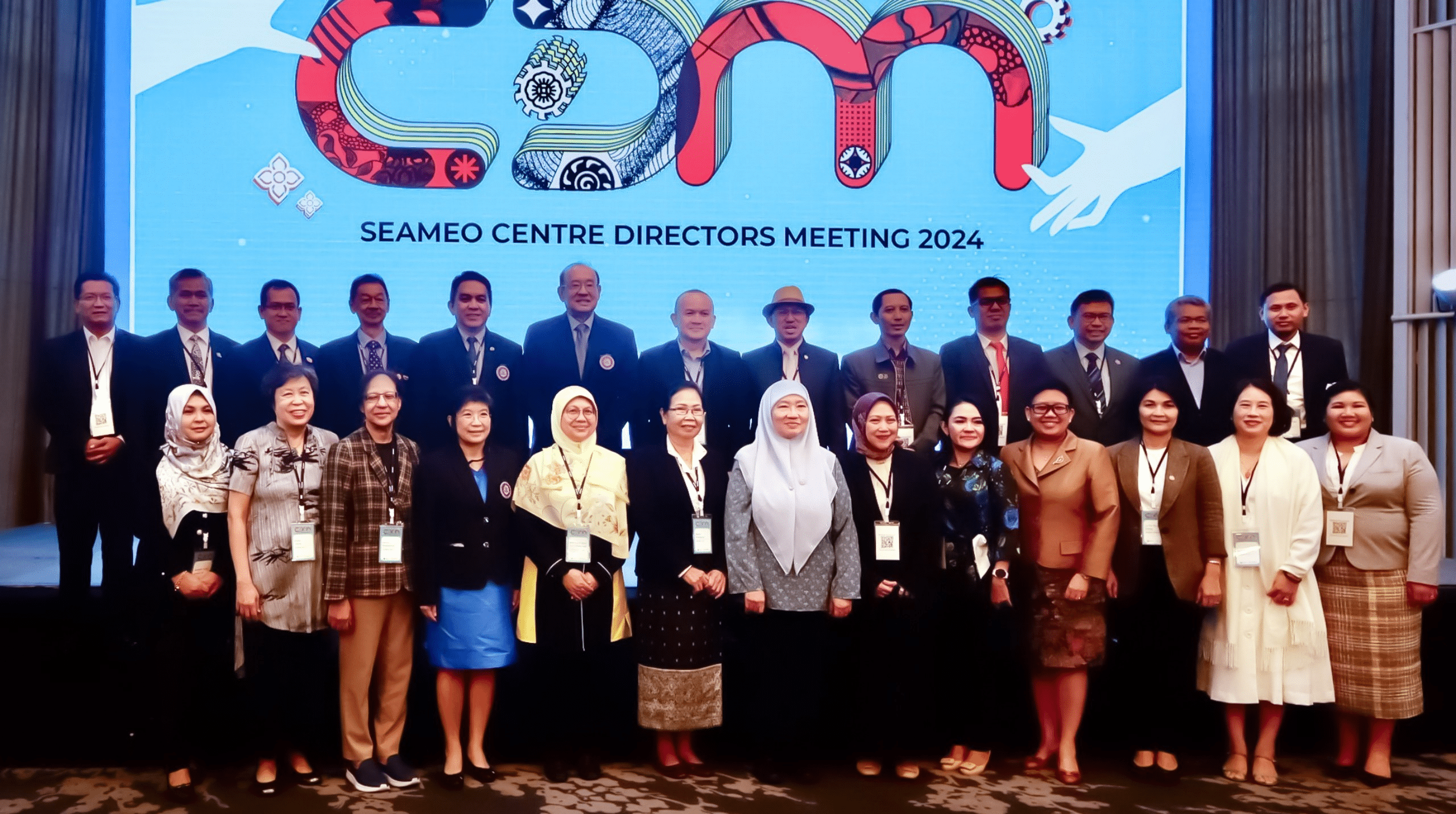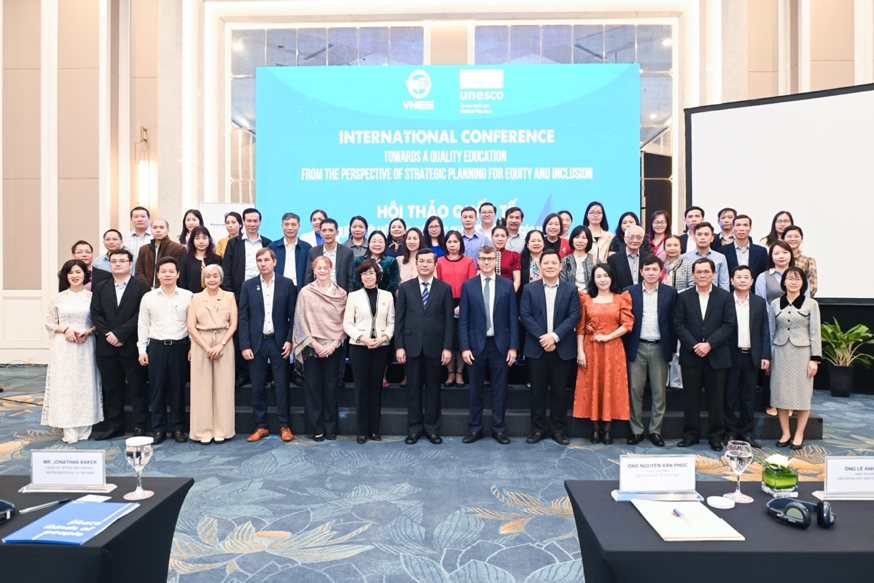On 27-28 March 2024, SEAMEO convened a dynamic workshop aimed at enhancing the policy research process and optimising the dissemination of research outcomes.
Participating in the workshop were 40 research officers from 26 SEAMEO Centres and Network. The speakers were from SEA-PLM Secretariat (Southeast Asian Primary Learning Metrics Secretariat), OECD (Organisation for Economic Co-operation and Development) and UNESCO (United Nations Educational, Scientific and Cultural Organisation). SEAMEO CELLL delegated Mr Khau Huu Phuoc, Manager of Research and Training to partake in the event.
The two-day programme covered two main areas of policy research. Day 1 focused on policy research methodology while Day 2 provided essential techniques of translating research findings into policy briefs.
Mr John Sienna, Deputy Director of SEAMEO Secretariat, opened the workshop. He highlighted the need to conduct policy research for education development, and the role of SEAMEO as an inter-governmental organisation that is responsible for enhancing regional understanding and cooperation in education, science and culture for a better quality of life in Southeast Asia. The workshop is in line with that vision. He added that SEAMEO is committed to building up better synergy advancing the quality of research and development in the Southeast Asia region.
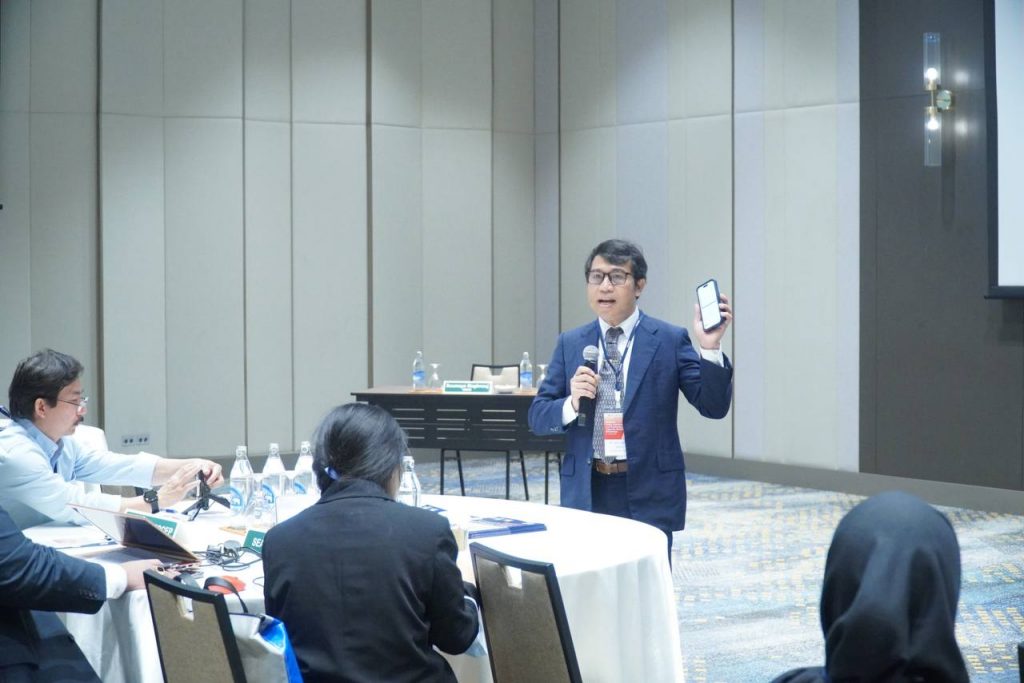
Mr Amiljohn Sentillas, SEAMES Policy and Planning Specialist, set the atmosphere of the workshop with an exciting warm-up exercise for the participants on the concept of policy research. He defined policy research as the process of conducting research on, or analysis of, a fundamental social problem in order to provide policymakers with pragmatic action-oriented recommendations for alleviating the problem. He outlined four considerations for policy research which are pace, research methods, tone and audience, and framing the findings into recommendations.
Mr Jose Manuel Torres Soza, Education Research Officer of the OECD, carried forward the workshop’s momentum with an insightful presentation on policy strategy. He first introduced OECD which is the Organisation for Economic Cooperation and Development, a platform to share experiences for countries and to help governments make informed policy decisions and promote sustainable economic growth and development via its multiple research and recommendations.
He emphasised the need for evidence in policy research process. To illustrate, he referred to two exemplary initiatives: UK Areas of Research Interest (ARIs) and Norway Public Committees as examples. The presentation included two group work activities on addressing policy needs in SEAMEO member countries, when the participants reflected on policy issues in their own countries and suggested remedial strategies following the guides provided by Mr Torres.
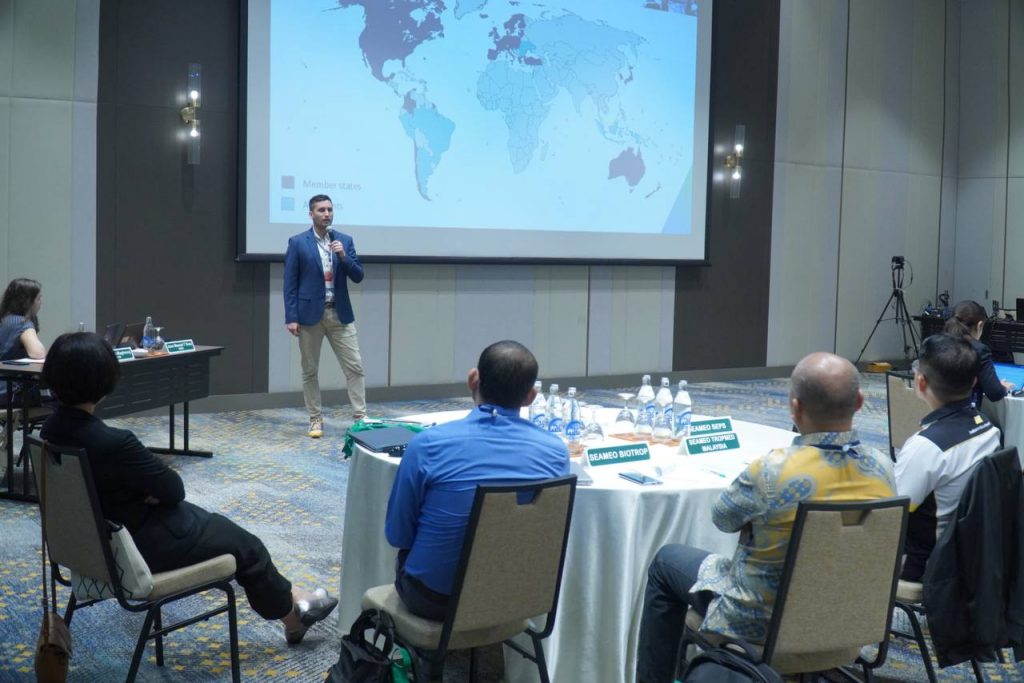
The morning session ended with a note of appreciation by Datuk Dr Habibah Abdul Rahim, Director of SEAMEO Secretariat, who extended her gratitude to the contributing organisations, acknowledging OECD, and foresaid that the afternoon would be on PISA (Programme International Student Assessment), and GEM (Global Education Monitoring), and SEA-PLM (Southeast Asian Primary Learning Metrics) report. In the face of challenges to education in the region as well as the world, these will serve as good resources for policy research to address education challenges. Finally, she thanked the participants, and
reaffirmed SEAMEO’s unwavering commitment to supporting the initiatives undertaken by SEAMEO centres to enhance educational access, quality, and inclusiveness across the region.
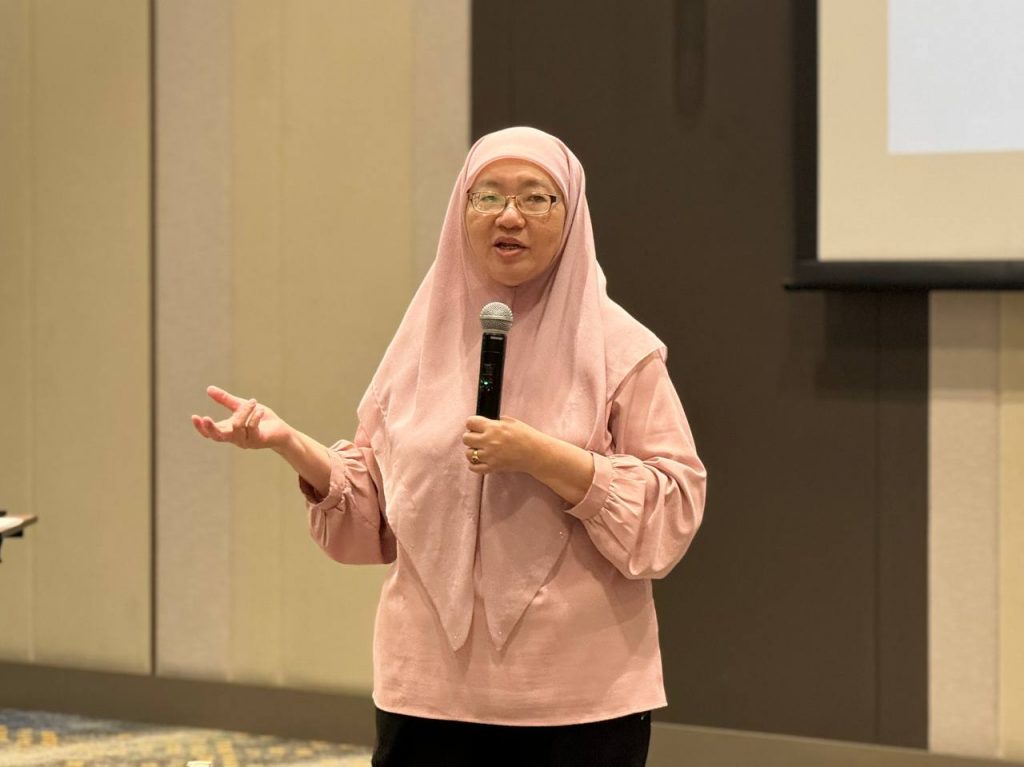
Ms Soumaya Maghnouj, Education Policy Analyst from OECD, began the afternoon session by elaborating on PISA, a government-led programme, conducted every three years since 2000. She underscored the overarching goal of the programme: to assess the extent to which future generations have acquired key knowledge and skills that are essential for future participation in societies. She quoted figures from PISA 2022, the 8th edition of PISA as illustrations of data input for policy research in four main categories, namely student outcomes, education level factor, school factor, and system level factor. She shared that there are two ways to make use of PISA: either reusing the PISA indicators, indices, tables or using the raw PISA data for new analysis and research.
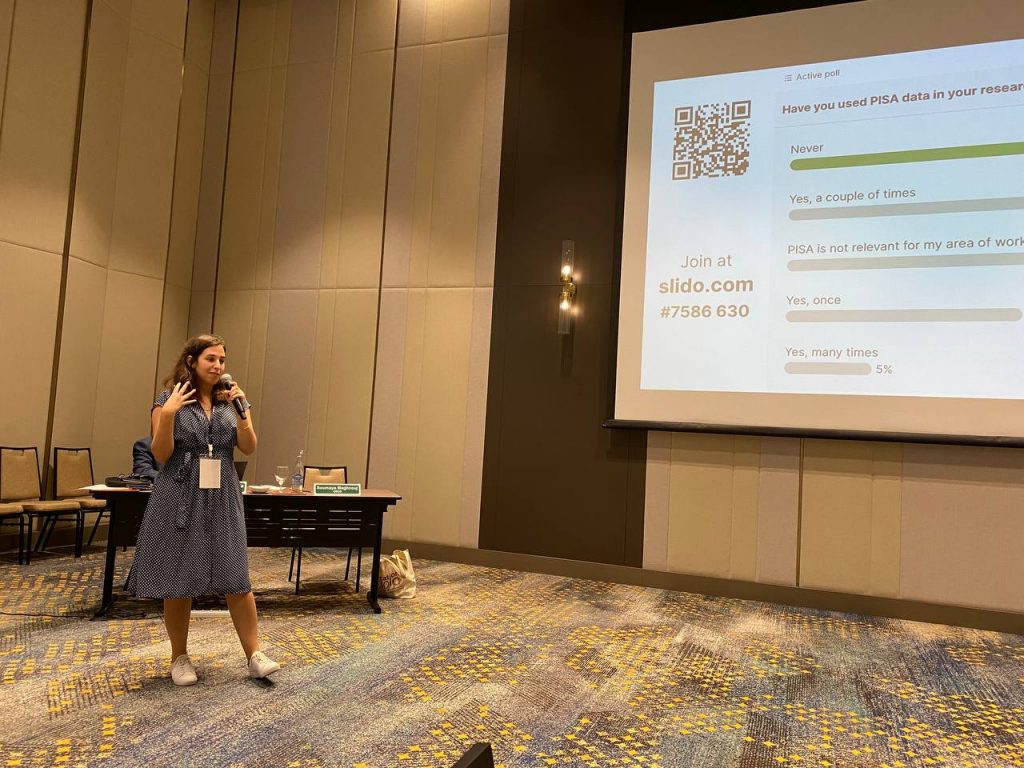
Continuing the afternoon session, Mr. Alejandro Ibanez, representing the SEA-PLM Secretariat, offered a detailed overview of the Southeast Asian Primary Learning Metrics (SEA-PLM) initiative, a regional large-scale assessment tool designed by and for Southeast Asian countries. There are three pillars to SEA-PLM: It generates comparative data indicators and analysis on learning outcomes and context; it strengthens collaboration and exchange; it promotes and improves technical capacity and use of evidence. He then presented some interesting data from SEA-PLM reports that could inform the policy making process. He concluded his presentation, saying that without intervention, learners who fall behind early will rarely catch up later.
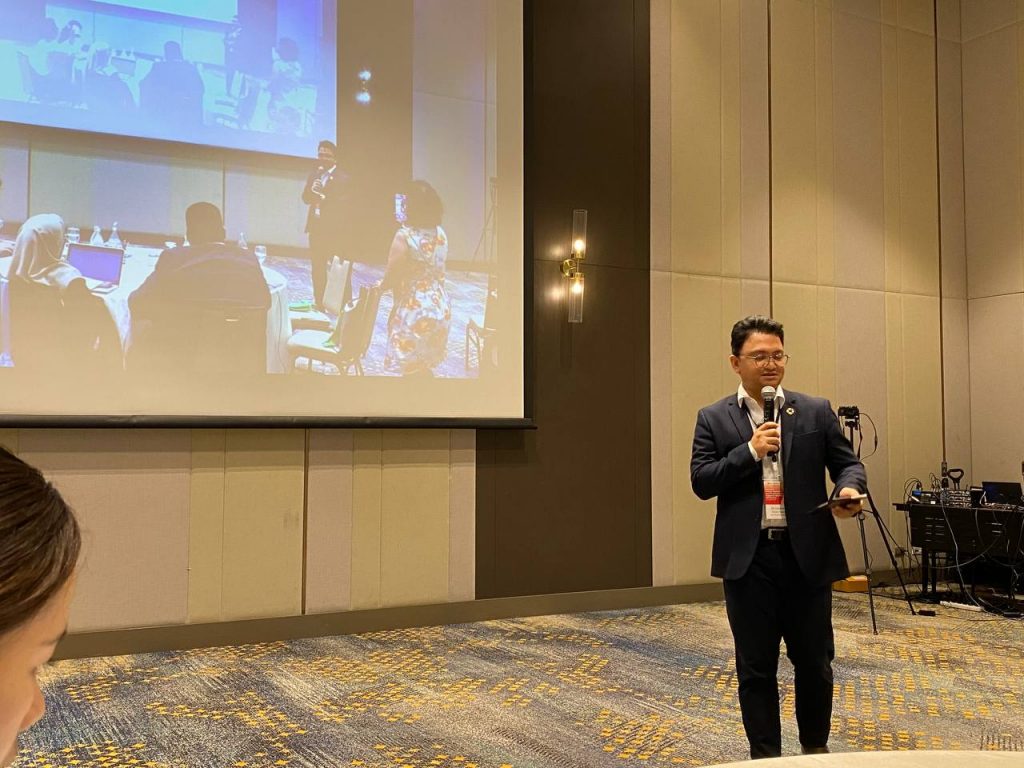
Finally, Ms Katharine S Redman, Chief of Communications and Advocacy, and Ms Endrizzi Francesca, Project Officer (Research) in charge of Global Education Monitoring (GEM) Report of UNESCO, shared insights on GEM. They affirmed that GEM is more than a report, but a monitoring tool because it serves as a comprehensive monitoring tool for tracking progress and challenges in the field of education for Sustainable Development Goal 4 on a global scale. They introduced two projects that are useful for policy research: the PEER at https://education-profiles.org and the WIDE at https://www.education-inequalities.org and ended the presentation with guidelines to turning ideas onto paper. The process called for answers to these questions: Why do we want to research the issue? What do we want to research? What resources can we tap into? What is the most suitable research design for this issue? And how do we ensure quality in research?
Day 1 of the workshop concluded with an exciting review exercise conducted by SEAMEO Secretariat which brought loud rounds of happy smiles from the participants.
The workshop continued on 28 March, this time more on the practical side. Mr Emiljohn Sentillas recapped the first day using an interactive activity which requested each group to reflect on a key takeaway from the first day. Representing Group 2, Mr Phuoc emphasized the importance of understanding fundamental concepts at the outset, echoing Mr Sentillas’ definition of policy research: Policy research is the process of the process of conducting research on, or analysis of, a fundamental social problem in order to provide policymakers with pragmatic action-oriented recommendations for alleviating the problem.
Ms Katharine S Redman, and Ms Endrizzi Francesca, then presented on how to present research results in ways that make an impact on the reader. They maintained that for policy research to have an impact, it must be framed in a format suitable to the intended audience. This can be a report, policy brief, poster, peer reviewed journal article, press release, data viz, video, tweet! A policy brief is a concise summary of information that can help readers understand, and make decisions about, government policies. It may give an objective summary of relevant research, suggest possible policy options, or go further and argue for particular courses of action.
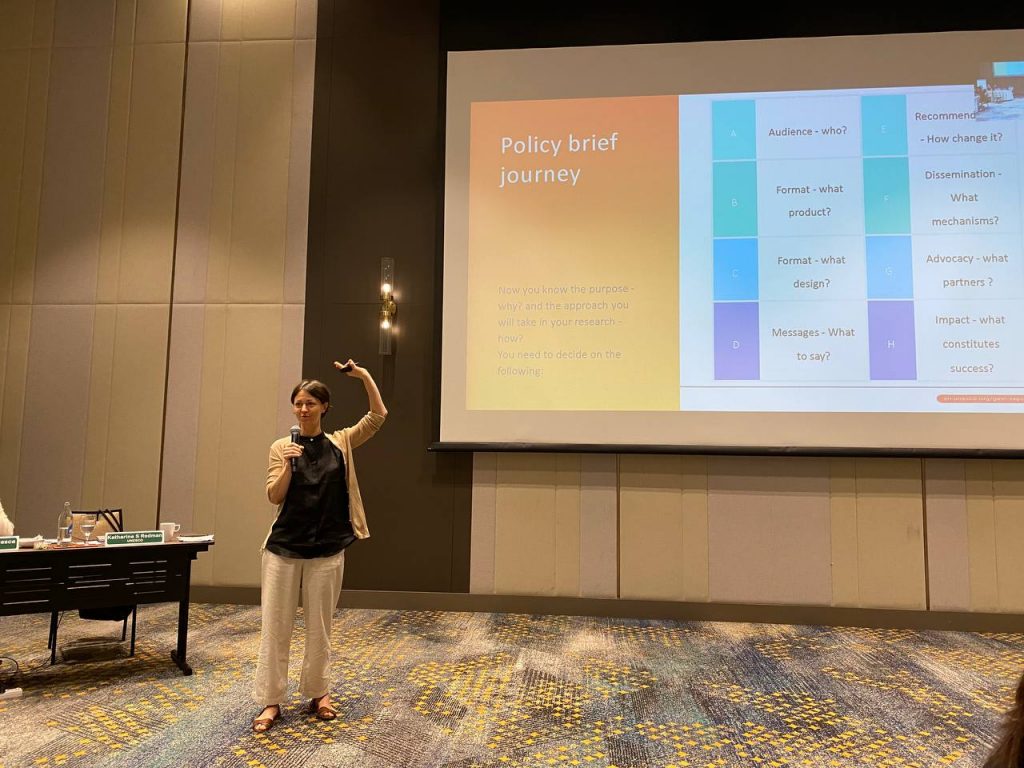
Once research into a policy issue has been concluded, comes the writing of the report of the study, followed possibly by a policy brief. In writing policy brief, five considerations need to be taken into account: Who is the target reader? What design is the most suitable for that reader? What message does the policy brief aim to convey? What recommendations are drawn for solution to the problem? What will be the impact of the recommended solution?
The speakers stressed that policymakers are busy, thus unable to read long reports. A rule of thumb is to keep the policy brief succinct, easy to read and to the point, and end it with a call to action. Ease of reading is with the use of appropriate language for the reader, visual charts, graphs, and table. Important information should stand out by using a different colour, making the text bigger, highlighting it, using a different shape or applying a different texture to the shape containing it.
They added that a policy recommendation must be politically feasible, actionable (because vagueness is the enemy of action), timely, proven by evidence and memorable.
The workshop intertwined theory and practice throughout the day. By the end of the day, the participants were able to ponder on a policy issue in their own country and formulate a study to find possible solutions that they can frame in a policy brief that potentially has an influence on the policymakers.
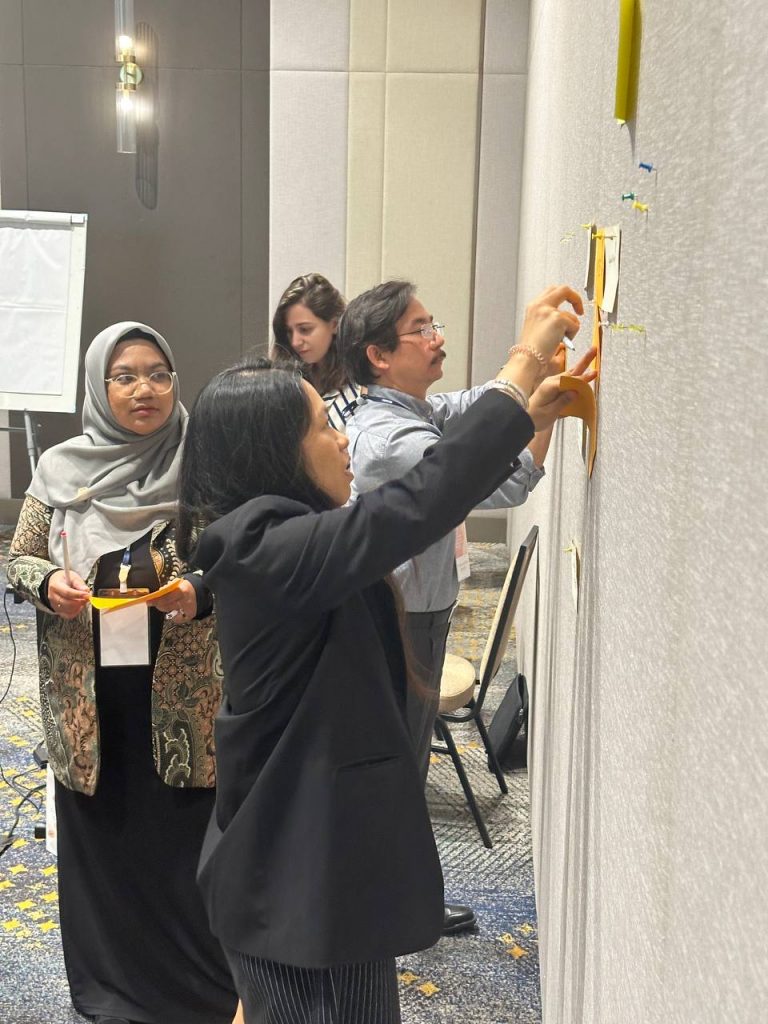
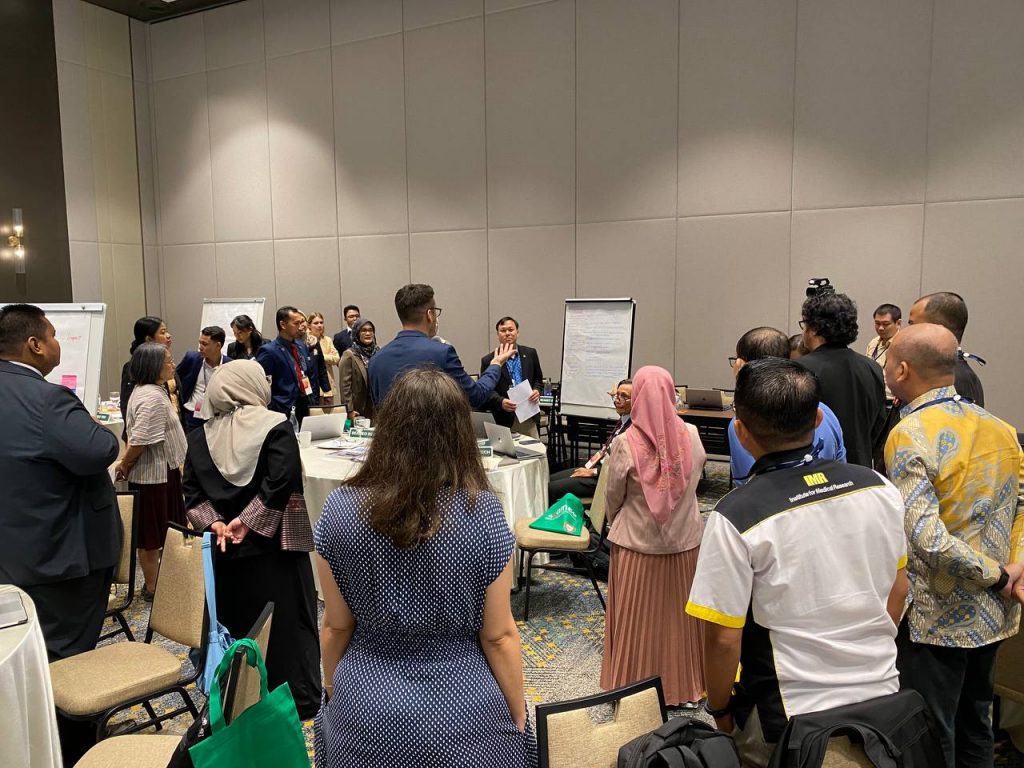
The workshop concluded with Mr John Sienna sharing his thoughts on the outputs of the workshop and his belief in its productive outcomes. He thanked the expert speakers and their organisations for their valuable support. He repeated that this workshop not only fostered a deeper understanding of effective policy research practices but also equipped participants with practical skills to communicate their findings more persuasively, ultimately contributing to evidence-based policymaking across the region.
This workshop on policy research was conducted to respond to a shared request from many SEAMEO centres that SEAMEO Secretariat provide workshops to further enhance the quality of policy research for regional needs. It was funded by the ASEAN-UK Supporting the Advancement of Girls’ Education (SAGE) Programme.
